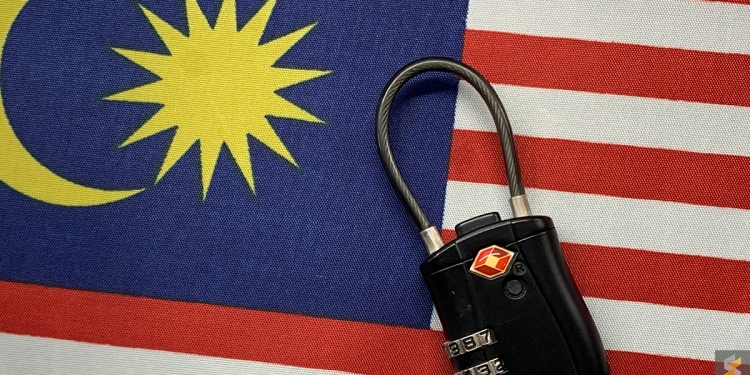The Malaysian Communications and Multimedia Commission (MCMC) has started its public consultation on the National Digital ID framework. It aims to provide a better understanding of what a digital ID is and to gather views from the public. The findings will be shared with the relevant stake holders which include ministries, government agencies, regulators and industry players.
What is a Digital ID?
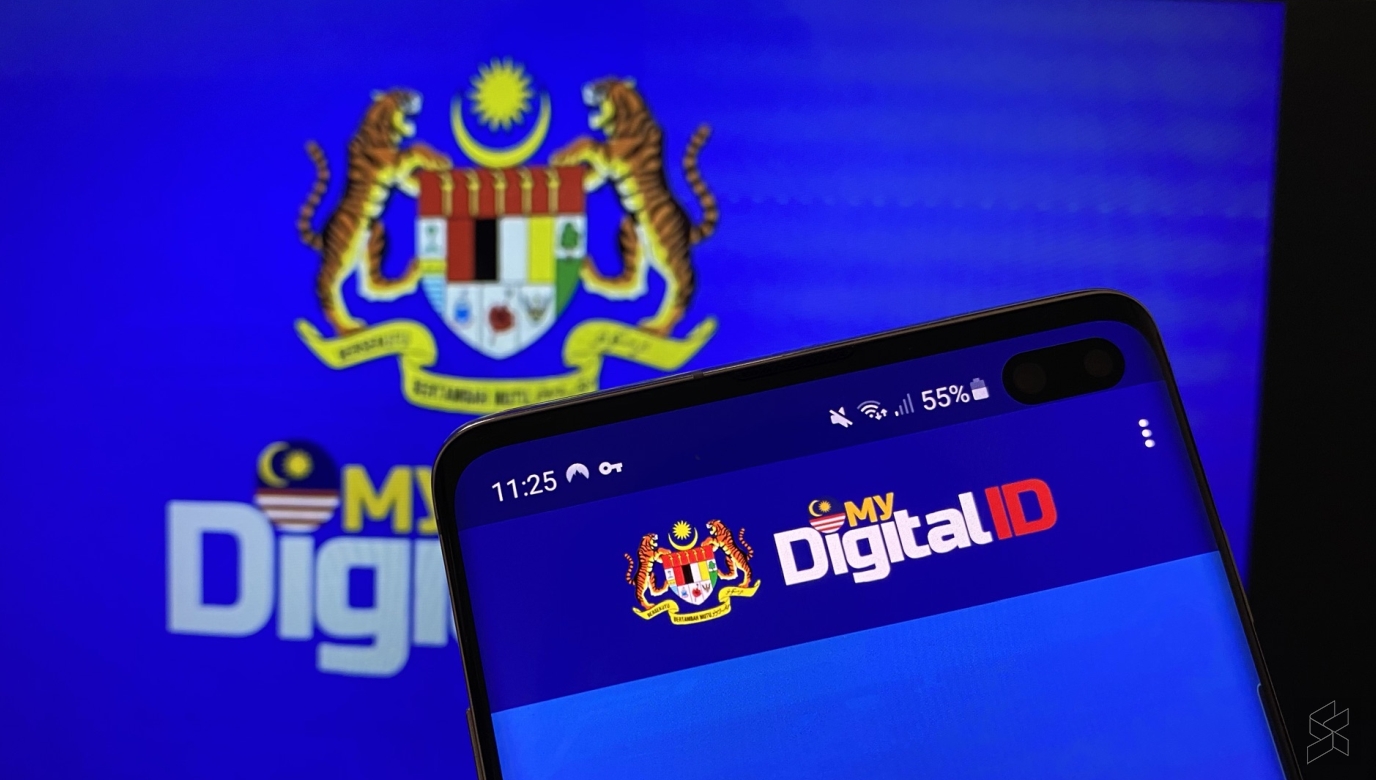
In a nutshell, the National Digital ID is an advanced identity authentication method for the digital age. It won’t replace your current MyKad (aka NRIC) but it serves as a new way to verify your identity online which can be used when dealing with the government and private sectors. You could think of it like a “Sign in with Google” of sorts where you can access all government services with one digital ID.
With digital services becoming more important especially during the current pandemic, there’s a need for a digital ID that can authenticate identities of Malaysians and permanent residents that use electronic services and online platforms. This would substitute the need for physical IC verification.
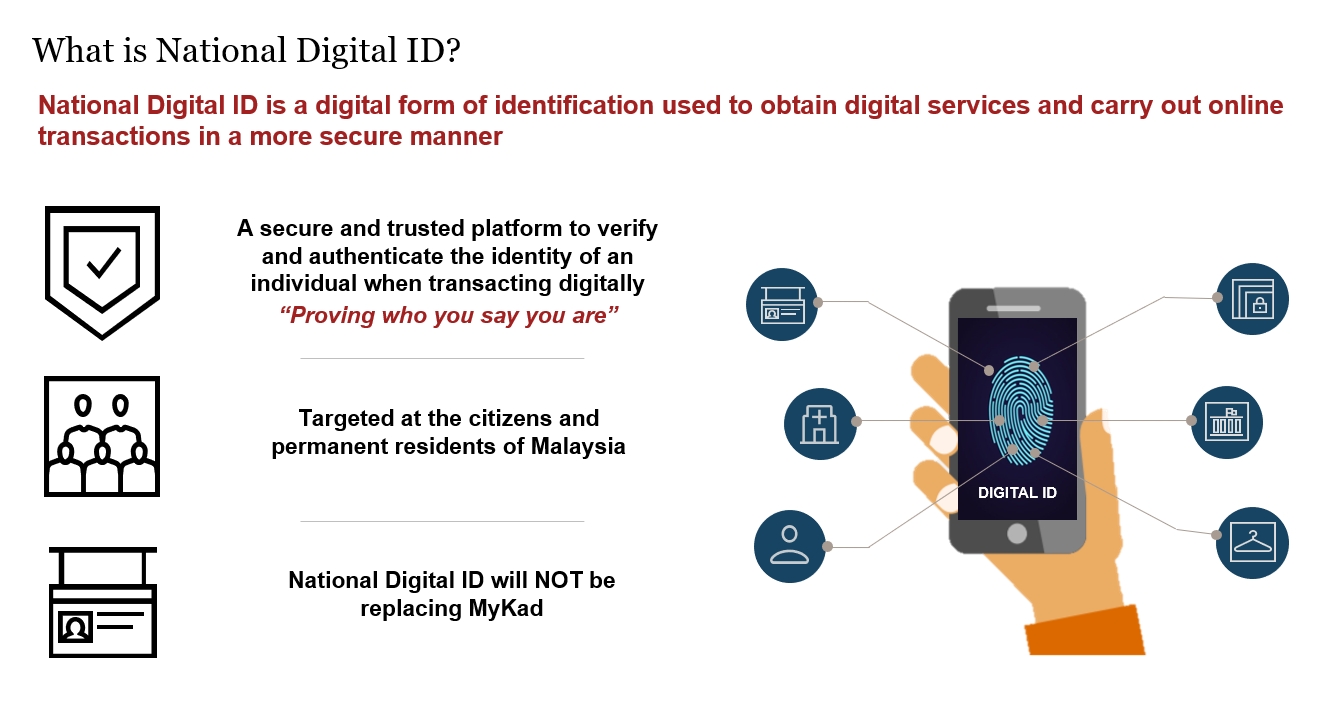
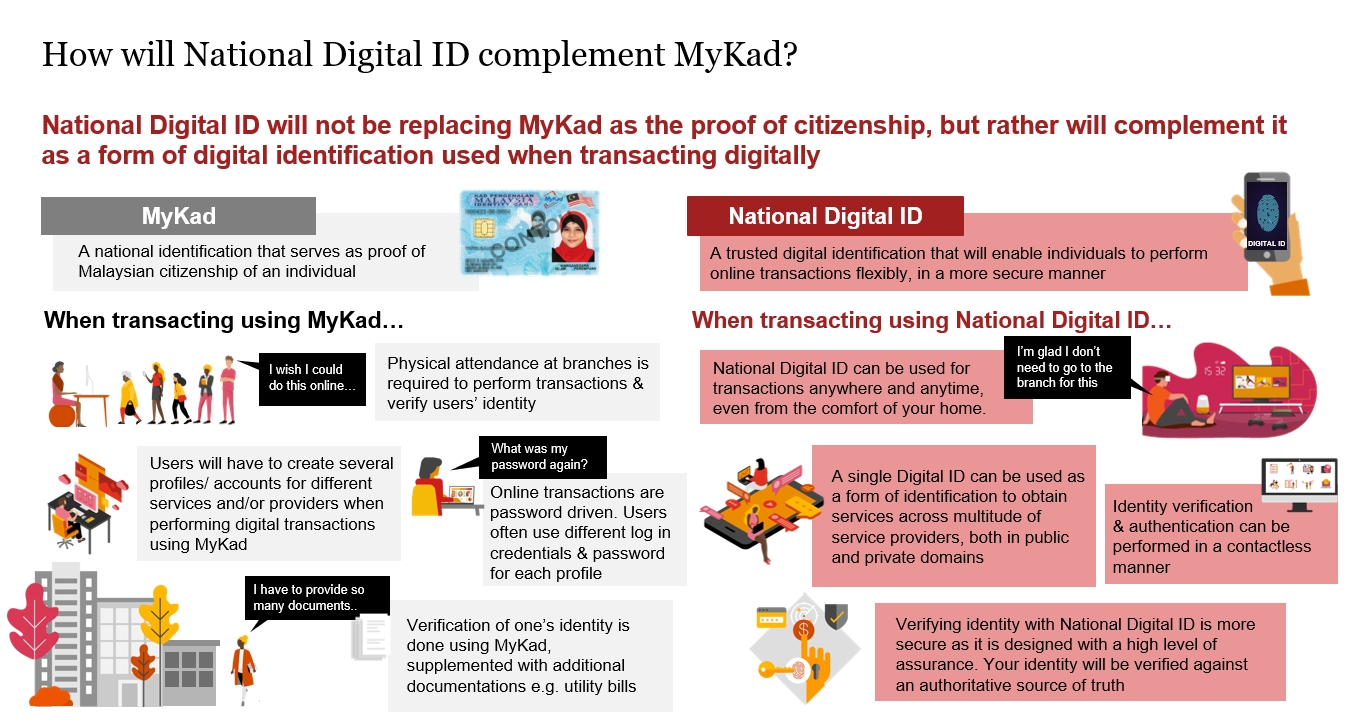
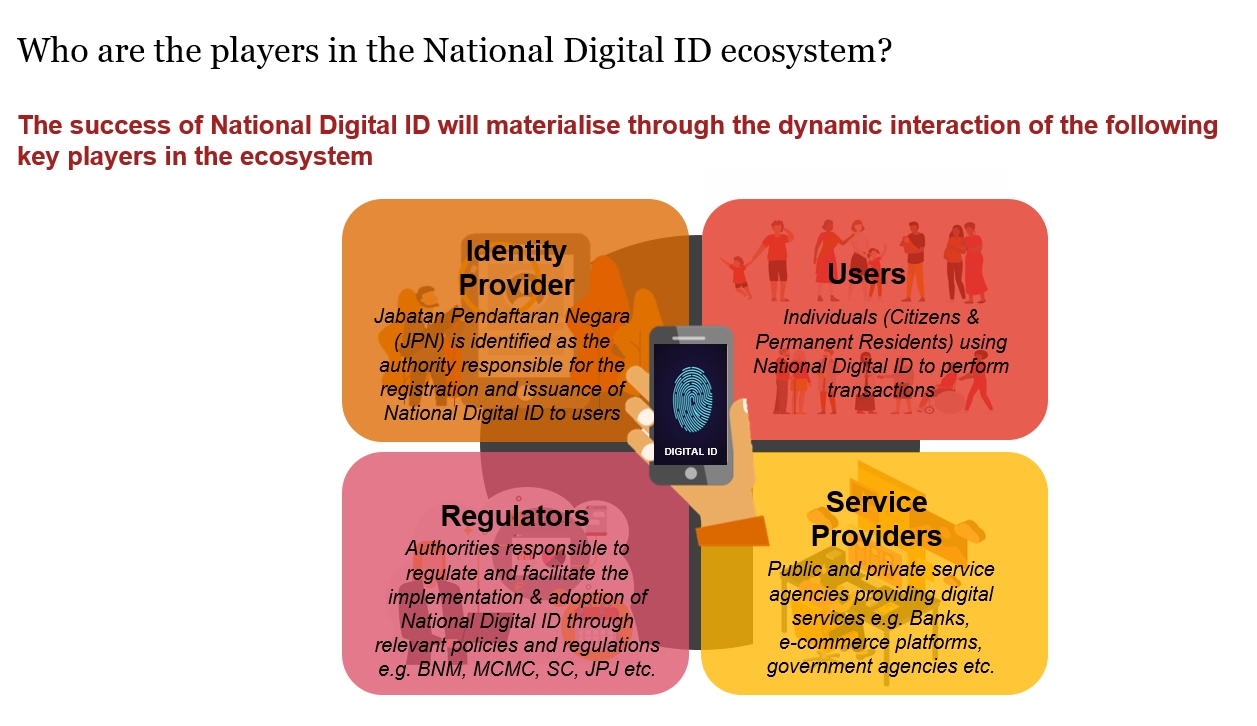
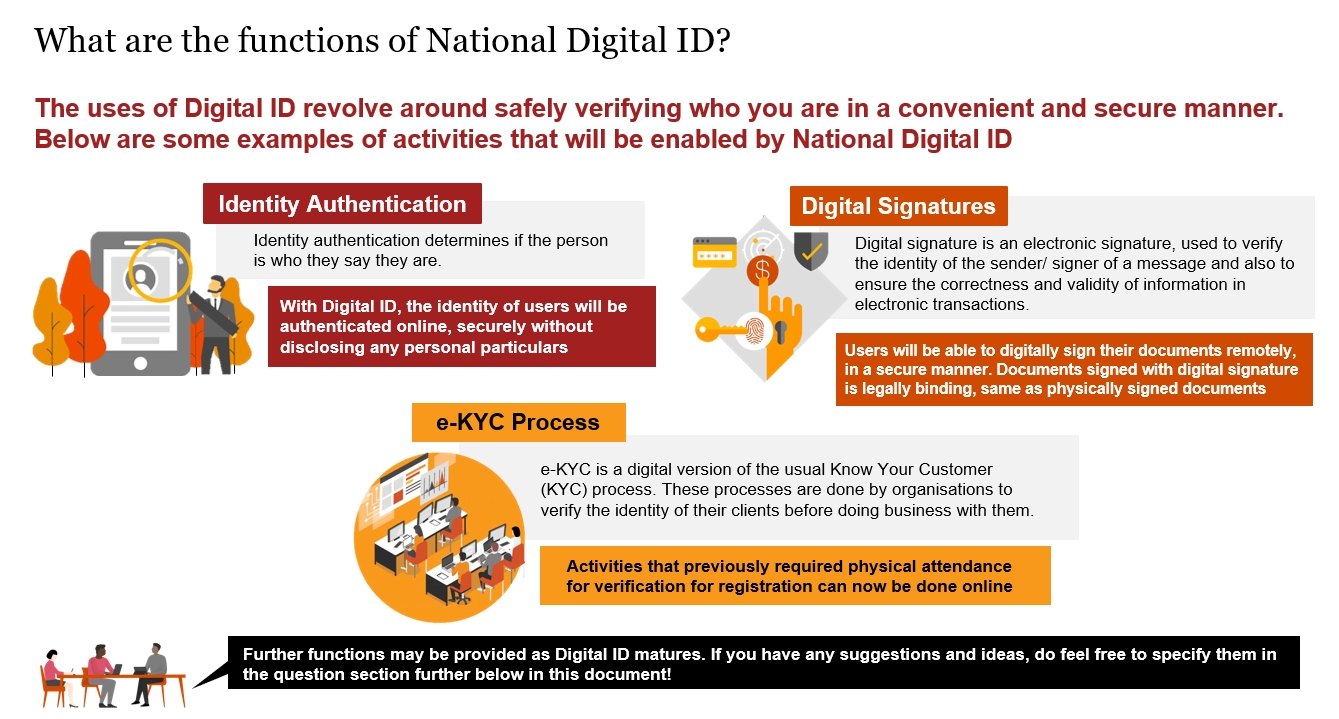
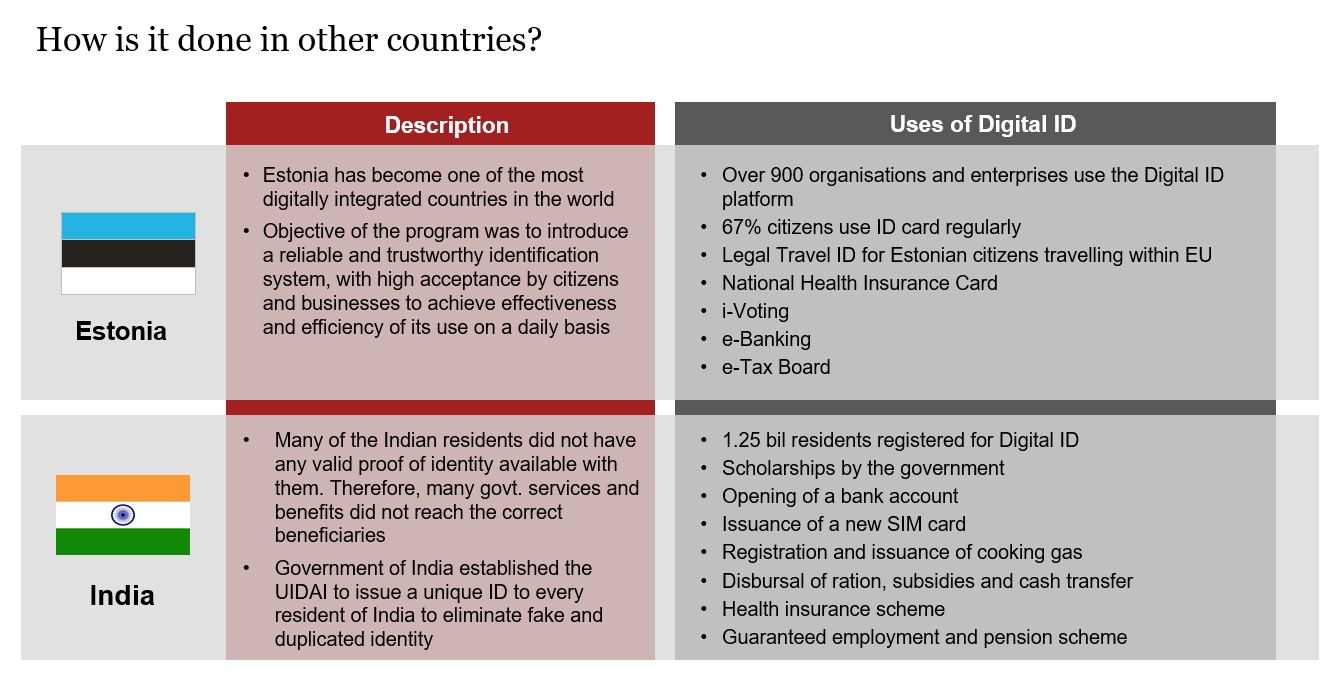
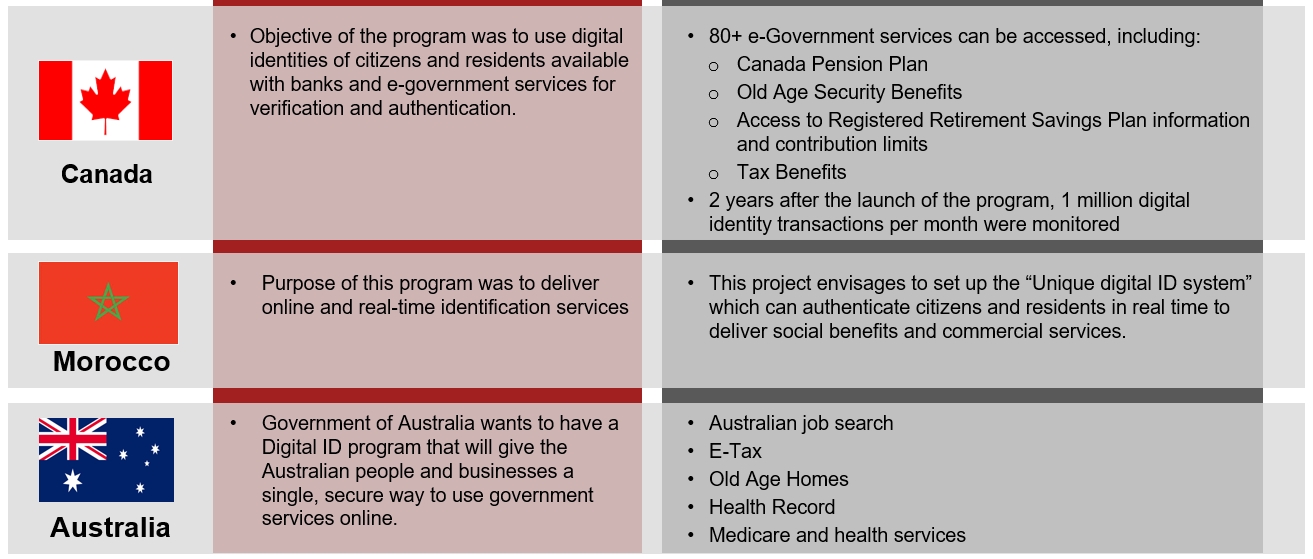
With a digital ID, users can potentially open new accounts with financial institutions without sending a copy of their IC. It could also be used as a digital signature to verify or accept a document which is legally binding.
Other countries such as Estonia, India, Canada, Morocco and Australia have also adopted digital ID. These countries use it for taxation, voting, banking, health, issuance of new SIM cards, scholarships and disbursement of ration and subsidies.
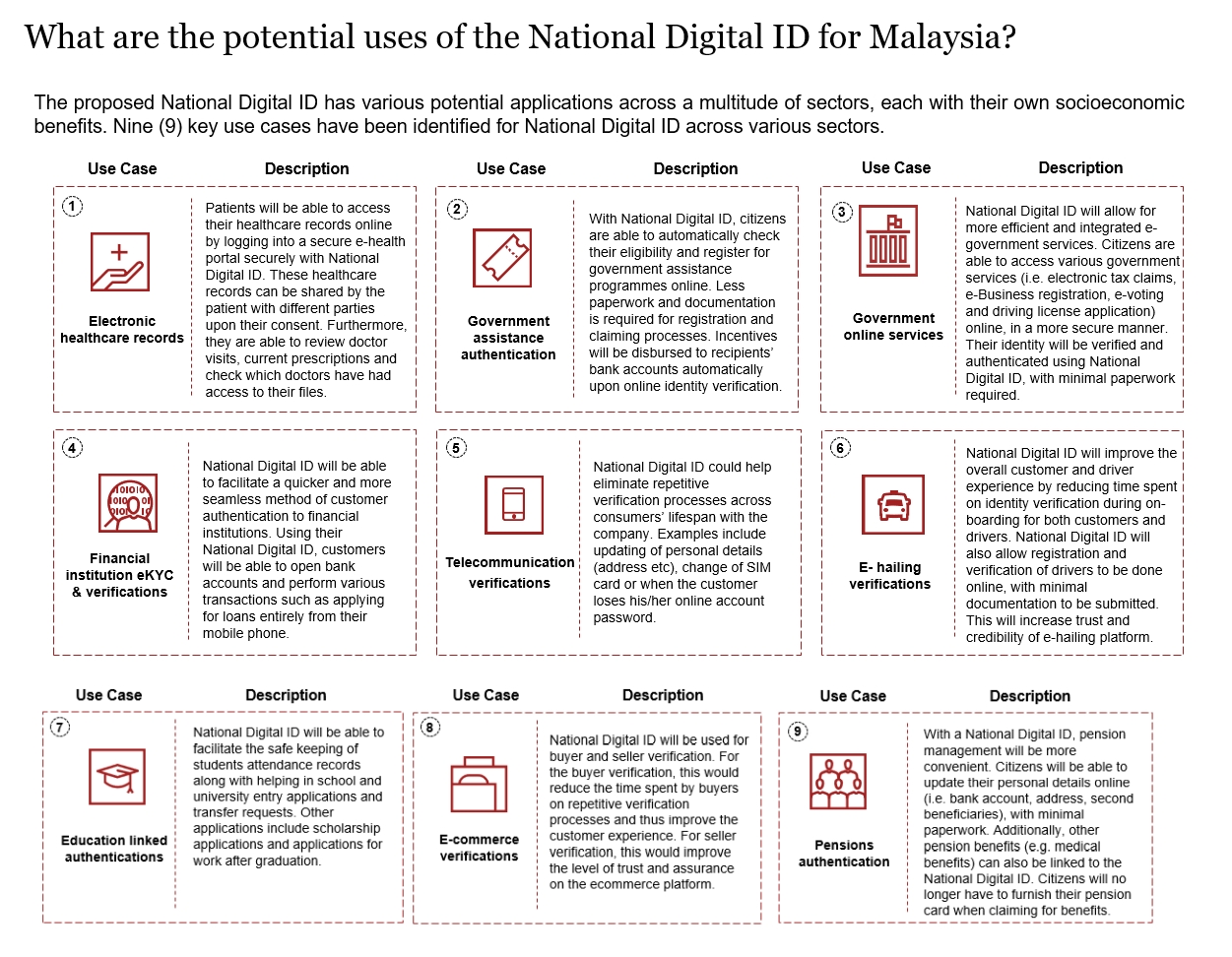
For Malaysia, there are 9 identified use cases for national ID which includes electronic healthcare records, government assistance authentication, government online services, financial institution eKYC (electronic-Know Your Customer), telecommunications verifications, e-hailing verifications, education linked authentications, e-commerce verifications and pensions authentication.
In some of the examples provided, an individual can use their digital ID for job applications where it would contain a list of verified transcripts and certification from various authorities and universities. When applying for a new bank account or telco service, the digital ID can be used to verify your identify instead of physically going to a branch or manually sending copies of your NRIC. The digital ID can also be used to sign contracts such as rental agreements.
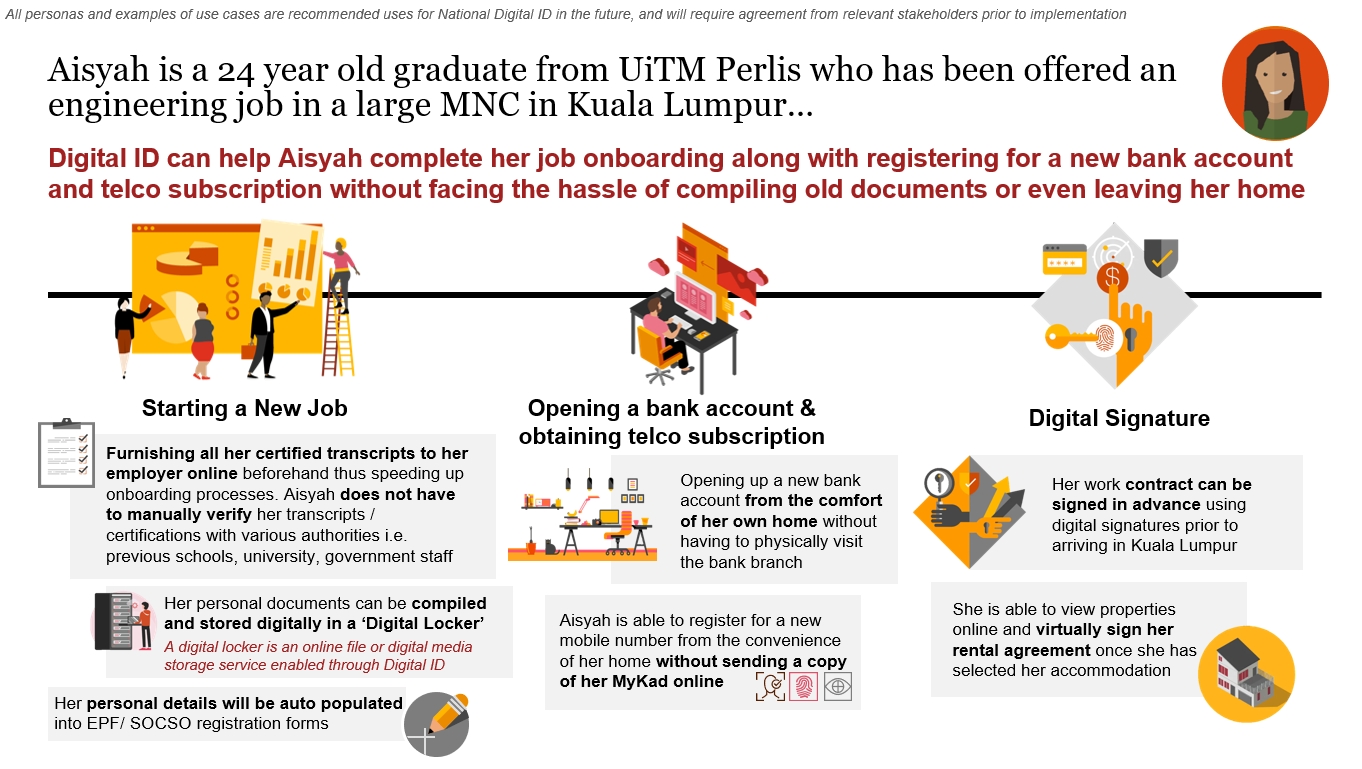
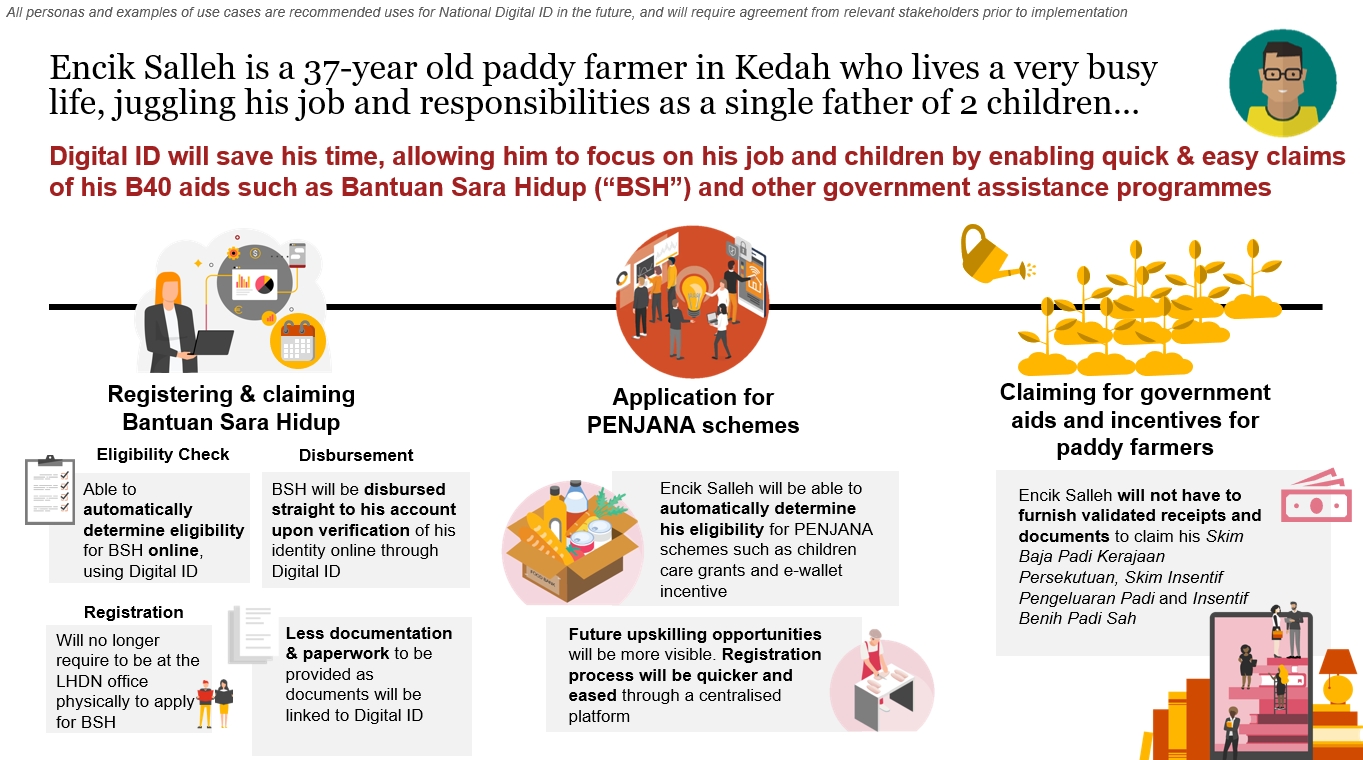
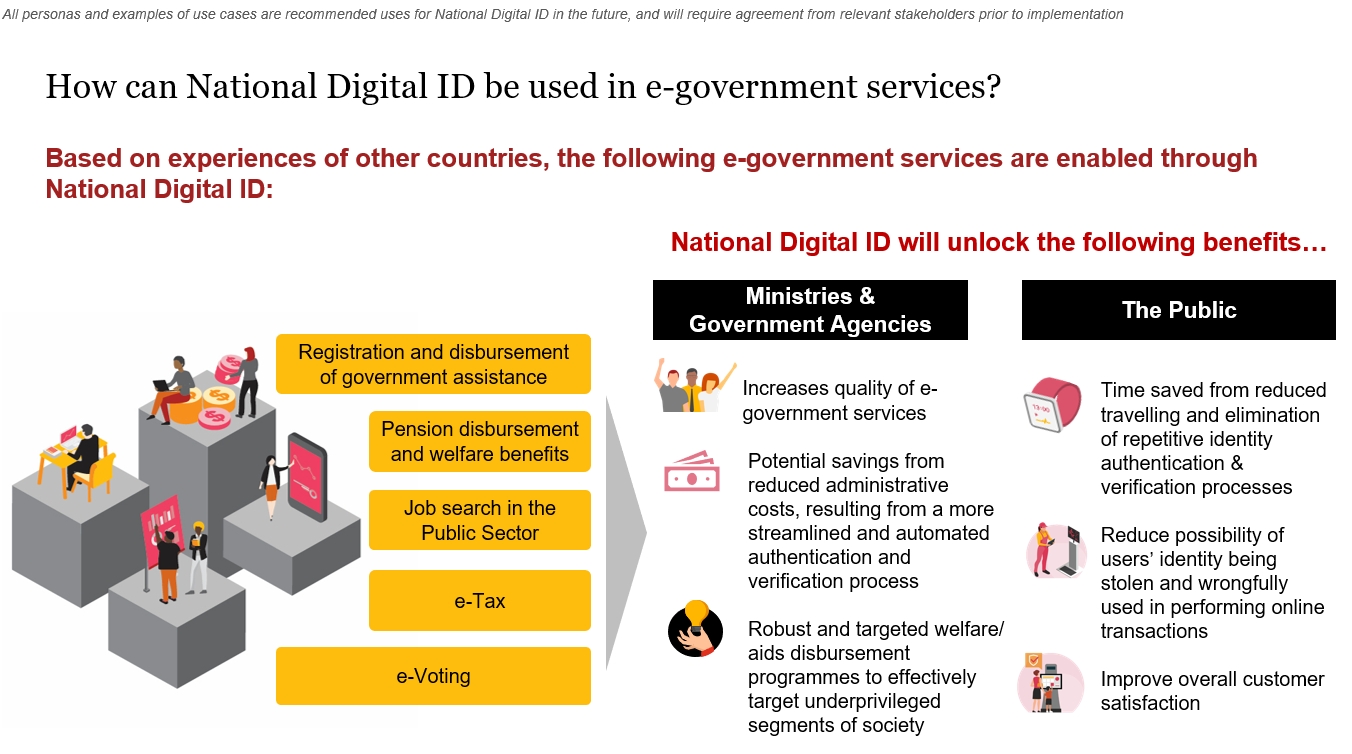
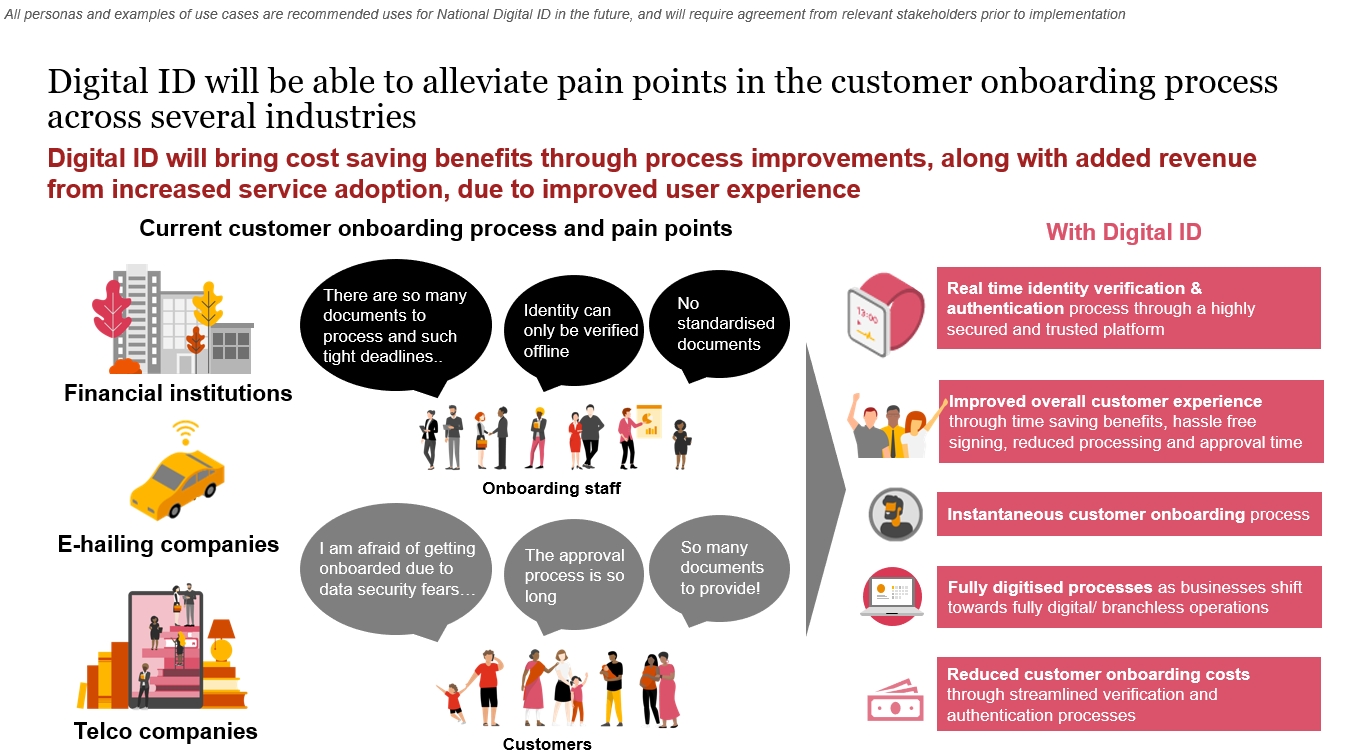
When it comes to government and private sector, the digital ID can help to speed up verification and disbursement of funds for various cash aids and subsidy programs. e-Hailing providers can speed up the onboarding process of new drivers as the national ID provides a real-time and trusted way to verify new signups. Potentially, this could also thwart e-commerce fraud if platforms make digital ID mandatory for creating new accounts.
How to provide your feedback?
To share your feedback, you can head over to MCMC’s Public Consultation page. The survey is available in both English and Bahasa Malaysia, and it is being undertaken by PricewaterhouseCoopers (PwC).
You don’t need to provide personal details other than your age, gender, state and occupation. Take note that the public consultation is running from 24th July until the 7th of August 2020.

